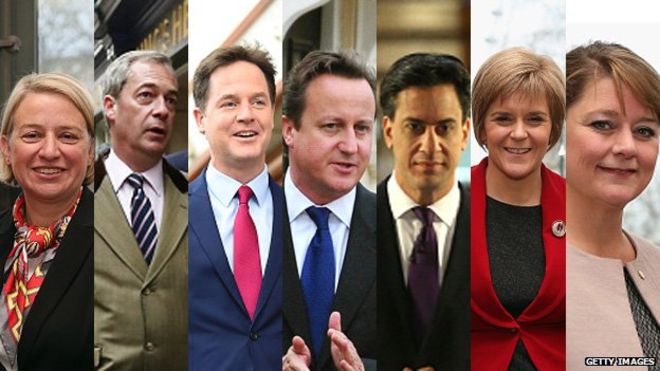In a recent article, MP Caroline Lucas gave us some insight into just how broken our political system is. Among other things, the former Green Party leader reports that party whips deliberately put people on committees for topics they have no knowledge of, that MP’s who don’t toe the party line on issues are side-lined and perhaps most worrying of all, that most MP’s have no idea what they’re voting on anyway.
The saddest thing about these revelations for me is that I’m not surprised by them. It’s no secret that our government is woefully unrepresentative of the population: 62% of MP’s elected in 2010 were white men over 4o. Women are still underrepresented by roughly 30% and BME MP’s account for only 27 seats when 117 would equate to the population. It’s also no joke that parliament is a public school boys club, with over 30% of MP’s having attended fee paying schools compared to 7% of the population. Given these statistics and Lucas’ information, it’s hardly surprising that so many people don’t vote.
There are more options for voters now than there has been for generations and many candidates from smaller parties actually stand a chance of gaining a seat.
Those of us who are still optimistic enough to care are trying to change this. But just because we’re drowning in middle-aged public school boys who don’t know what they’re voting for doesn’t mean we don’t have any advocates for change at all. There are more options for voters now than there has been for generations and many candidates from smaller parties actually stand a chance of gaining a seat. Disaffection for the main parties has resulted in a rise in support for smaller groups such as UKIP, SNP, Plaid Cymru or the Green Party, who’s so called ‘green surge’ in January saw them gain 13,000 new members in just one week.
We shouldn’t be put off voting for candidates just because they’re from smaller parties. Every seat in May’s election will be crucial and a party doesn’t have to form a government to have an influence. UKIP’s hard line stance on immigration is a prime example of how a group only needs to kick up a fuss in order to cause difficulty for those in power. Similarly, it would only take a handful of MP’s each from the Greens, SNP or Union candidates to create a group of left wing seats with enough clout to influence the direction of government for the next four years.
If we all read some manifestos and voted for who we actually agreed with rather than tactically we might end up with a parliament vaguely representative of our country. So please consider voting for smaller parties or independent candidates, if they represent you. Please read some manifestos or even just do an online “Who should I vote for?” quiz before you choose. But most of all, please just vote. We owe it both to those who are denied the right to democracy and to ourselves so that we can bitch with conviction about the screw-ups of whoever gets in.
Rachel King

